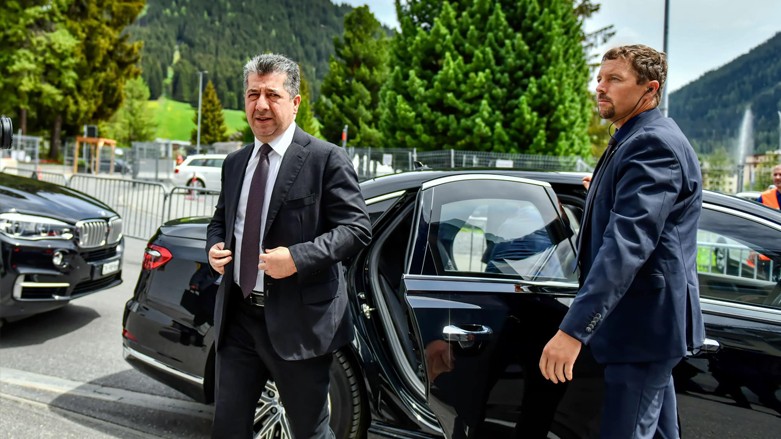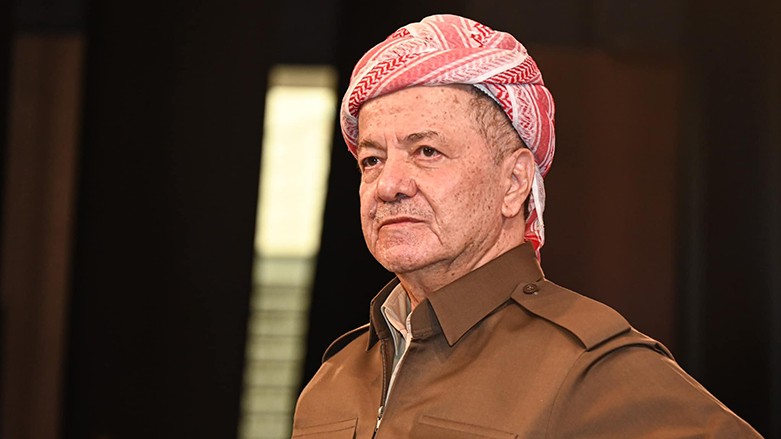U.S. State Department Spokesperson Matthew Miller told reporters on July 8 that the United States has urged Turkiye to coordinate with Iraqi and Kurdistan Region authorities on cross-border military operations in order to protect civilians from harm.
“We also recognize the ongoing threat posed by the Kurdistan Workers’ Party (PKK). That said, we call on the Turkish government to coordinate military operations with the government of Iraq, the Kurdistan Regional Government (KRG), and other local authorities,” he said.
Moreover, on July 8, KRG Minister of Interior Reber Ahmed told reporters that “the Iraqi government has recently decided that the PKK is a banned organization.”
“The PKK must leave those regions so that the civilians there do not face problems and suffer.”
Turkiye and the PKK have been in a decades-long armed conflict that has killed tens of thousands and left many more injured or displaced.
In recent years, Turkiye has resorted to aerial warfare rather than ground operations, using its self-made Bayraktar drones to limit the PKK’s military capacity.
The PKK has also carried out recent drone attacks on Turkish bases as Turkiye has stepped up operations near the Gare mountains.
The conflict has affected the border security of the Kurdistan Region, with the KRG repeatedly calling for the withdrawal of all fighters and an end to exploiting Kurdistan territories to settle disputes.
President Recep Tayyip Erdogan said months ago that Turkiye was planning a larger operation against the PKK this summer.
Mohammed Salih, a senior fellow at the U.S.-based Foreign Policy Research Institute, told Kurdistan Chronicle that the KRG is in a tough spot, “unable to either halt the Turkish operations or push PKK guerillas away, at least from the immediate border areas with Turkiye.”
“While Turkiye needs to search for a solution for its Kurdish population’s political demands inside its own borders, the PKK has to respect the Kurdistan Region’s territorial sovereignty and allow the local peshmerga forces and border guards to control the border areas and act as a buffer zone force between them and Turkish troops. Otherwise, the Kurdistan Region will continue to suffer because of a situation it has no control over.”

